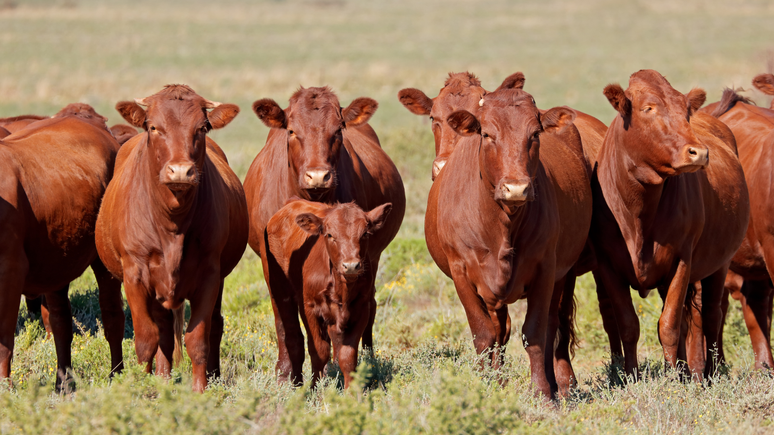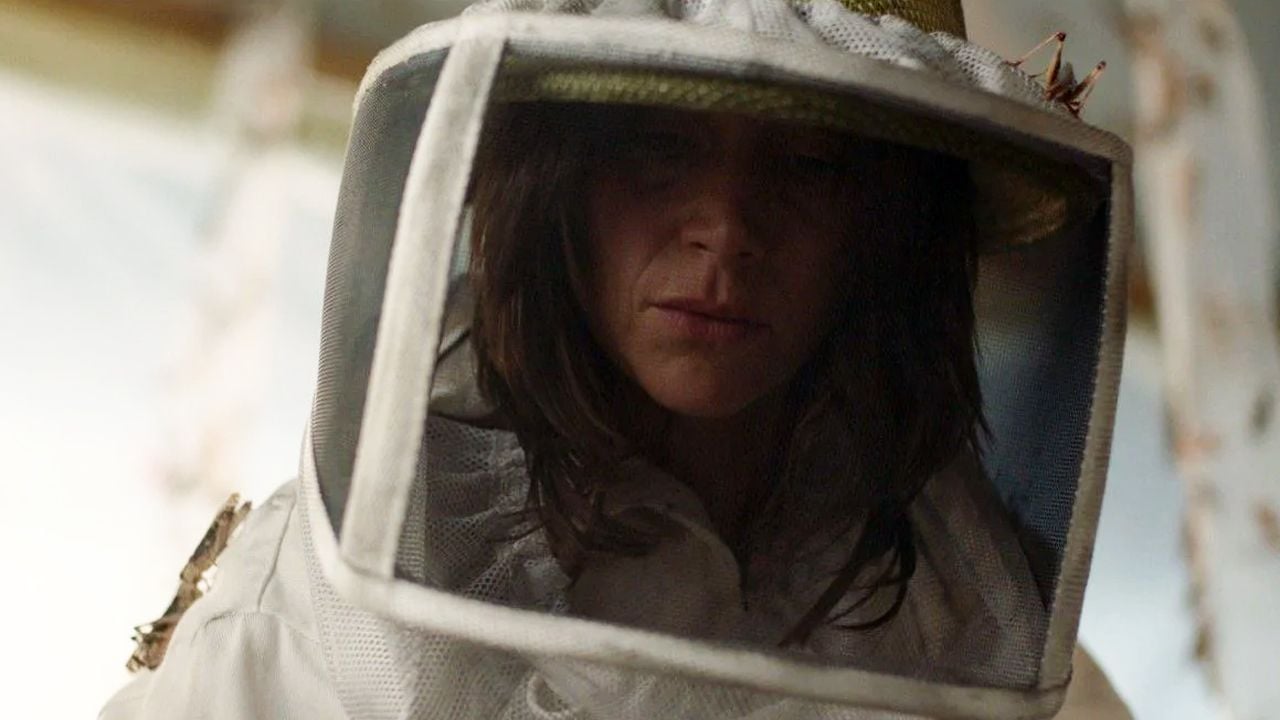Livestock is one of the sectors that most affects climate change, why is there so little talk about it?
There is no other sector with as much lobbying as the meat industry. No sector is protected and encouraged as much as the agro-industrial sector, whether by a far-right, center or left-wing government.
Regardless of ideological biases, animal production and monocultures of soybeans and corn have always had their institutional protections.
Today, the Agricultural Parliamentary Front (FPA), has 280 MPs and is by far the most powerful interest group in the National Congress.
Agribusiness is the sector that generates the most profits for the country and represents ¼ of the entire Brazilian domestic product. The big media are very cautious when dealing with global warming and associate the production of meat, milk, eggs and derivatives.
Whenever we talk about climate change, it is the cars and big industries that take all the blame, which deserve to be questioned and to undergo a radical change in their functioning, however, they are not the only ones.
In Brazil alone, livestock numbers more than 224.6 million head, the country has more cattle and cattle than people, and according to the SEEG, agriculture accounts for about 27 percent of all of Brazil’s gas emissions. In 2020, nearly 70% of agriculture sector emissions came from livestock.
Methane released from livestock belching and gas is the second leading greenhouse gas, due to its global warming potential, approximately 28 times greater than that of CO2 (carbon dioxide). While not the main one, it is one of the most important and a number of changes are urgently needed.
A preliminary report by the United Nations (UN) states that a plant-based diet could reduce polluting gas emissions by 50%. And again according to the UN, the production of meat, mainly beef, is the food that contributes most to the emission of greenhouse gases, with the deforestation of the Amazon and the Cerrado.
Also according to SEEG, in 2021 Brazil emitted 2.42 billion gross tons of CO2 and deforestation was the main cause of emissions, with agriculture the second sector that emitted the most greenhouse gases.
And according to the IPCC, meat production is a major contributor to deforestation in the Amazon and Cerrado. Because the native vegetation often gives way to pastures and soybean plantations, which are mainly used to feed livestock.
It is undeniable that we must consider livestock, meat production cannot progress as it is doing and society must understand that the more animal products we consume, the hotter, more unstable and more hostile this planet will become, especially for our planet. children and daughters.
Mentioning global warming and climate change without considering the production of meat, milk, eggs and animal derivatives is equivalent to saying that using a stainless steel straw solves the problem of plastic pollution in the oceans.
Source: Terra
Rose James is a Gossipify movie and series reviewer known for her in-depth analysis and unique perspective on the latest releases. With a background in film studies, she provides engaging and informative reviews, and keeps readers up to date with industry trends and emerging talents.







